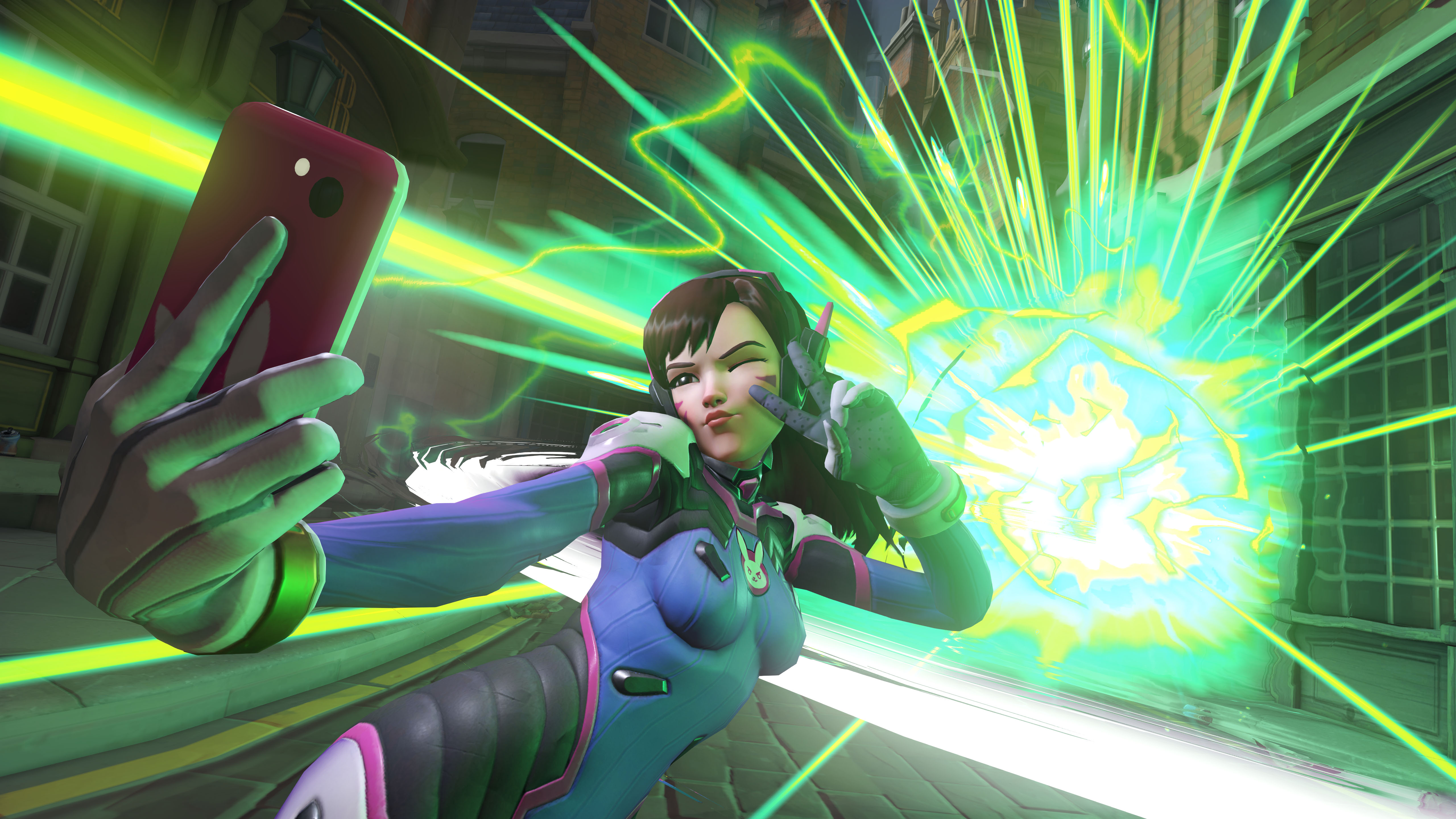Overwatch matchmaking update will make MMR changes less "aggressive"
The tweak should help cut back on inappropriate rating changes.

Overwatch principal designer Scott Mercer took to the Battle.net forums today to reveal that Blizzard has made some changes to the game's matchmaking rating [MMR] system that will reduce the aggressiveness of the "streak multiplier." The multiplier is applied, based on win and loss streaks, to accelerate MMR rating changes, but when a player goes on a particularly hot (or cold) run, it can sometimes miss the mark.
To clarify, MMR and skill rating are two separate things in Overwatch. Skill rating is the public-facing measure of a player's relative abilities in the field of battle, and is used to assign players to tiers—Bronze to Grandmaster—in Competitive play. MMR, on the other hand, is an invisible number that is (as we understand it, at least—Blizzard is a bit vague on the inter-workings of matchmaking) what's actually used to match players with others of, ideally, similar levels of skill.
"The faster we can update your matchmaking rating (MMR) to match your 'real' skill, the fewer unfair matches get created with a player with inaccurate skill. Another way to look at it is that when we’re incorrect at identifying someone’s skill, then win or loss streaks can occur," Mercer wrote. "One of the tools we use to accelerate a player to their appropriate MMR is a multiplier to the rating change based upon these consecutive wins or losses."
The system has been working fairly well in dealing with "smurfs"—experienced players who create a second account so they'll be matched up against competitors with lower skill ratings—but it sounds like it may have been catching innocent players in its net as well. Mercer noted that streaks can occur naturally, and when they do, they can push players away from their proper skill rating. "You end up having a larger variance in skill rating over time, which in turn hurts the overall quality of the matches," he wrote.
"Therefore, we’re changing the tuning of the streak multiplier to be quite a bit less aggressive. You now need to win or lose more games in a row before any multiplier is used, and it scales up at a slower pace," Mercer explained. "Furthermore, we will now try to only use the multiplier in cases where the matchmaking system has some confidence that the player’s MMR and skill are wildly mismatched. In cases of natural, random streaks, you ideally shouldn’t see any acceleration either up or down at all."
What's interesting about this is that the change appears to run counter to the wishes of people complaining about the impact of smurfing: Slowing the rate of MMR adjustments would, to my mind, actually enable smurfs to keep up their charade longer. It's possible I'm misreading the situation, but it may simply reflect the assessment of Overwatch game director Jeff Kaplan, who said yesterday that smurfing may be annoying for those who fall victim to it, but isn't really a big problem in the grand scheme of things.
Mercer said Blizzard will monitor the impact of the change on "overall match quality," and will continue to tweak the system as required. I've reached out for more information on how the changes will work, and specifically how they might impact smurf detection, and will update when I hear more.
Keep up to date with the most important stories and the best deals, as picked by the PC Gamer team.

Andy has been gaming on PCs from the very beginning, starting as a youngster with text adventures and primitive action games on a cassette-based TRS80. From there he graduated to the glory days of Sierra Online adventures and Microprose sims, ran a local BBS, learned how to build PCs, and developed a longstanding love of RPGs, immersive sims, and shooters. He began writing videogame news in 2007 for The Escapist and somehow managed to avoid getting fired until 2014, when he joined the storied ranks of PC Gamer. He covers all aspects of the industry, from new game announcements and patch notes to legal disputes, Twitch beefs, esports, and Henry Cavill. Lots of Henry Cavill.

